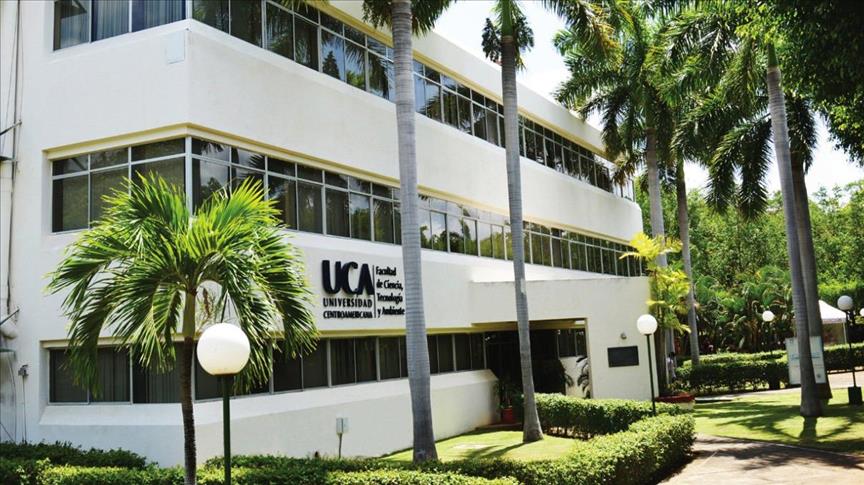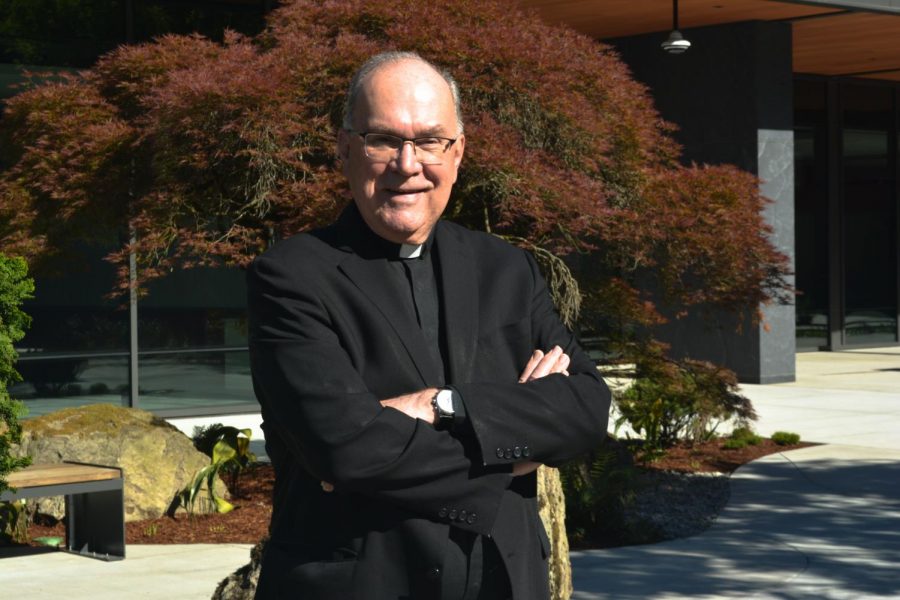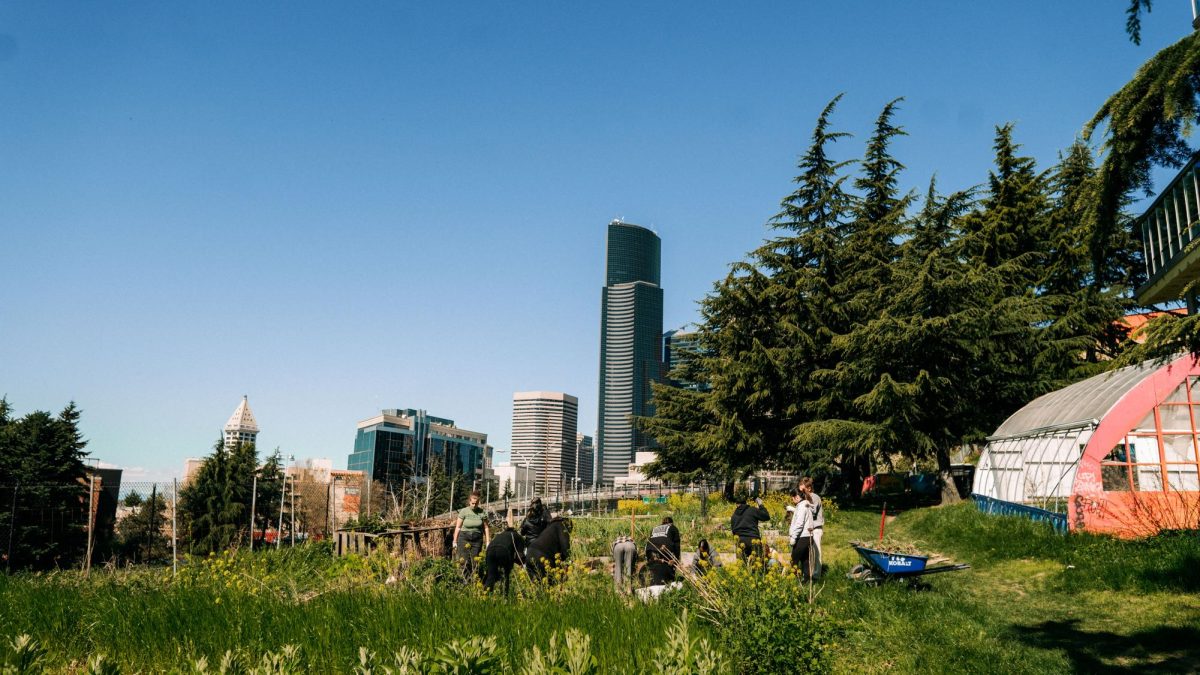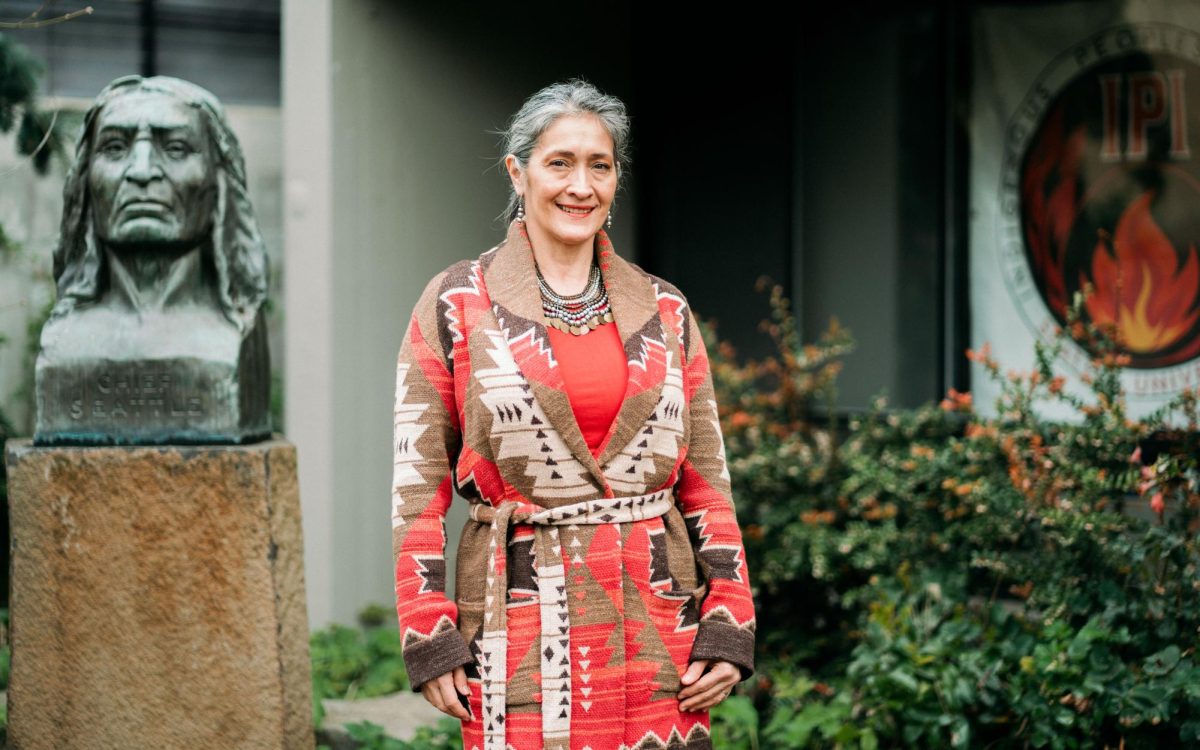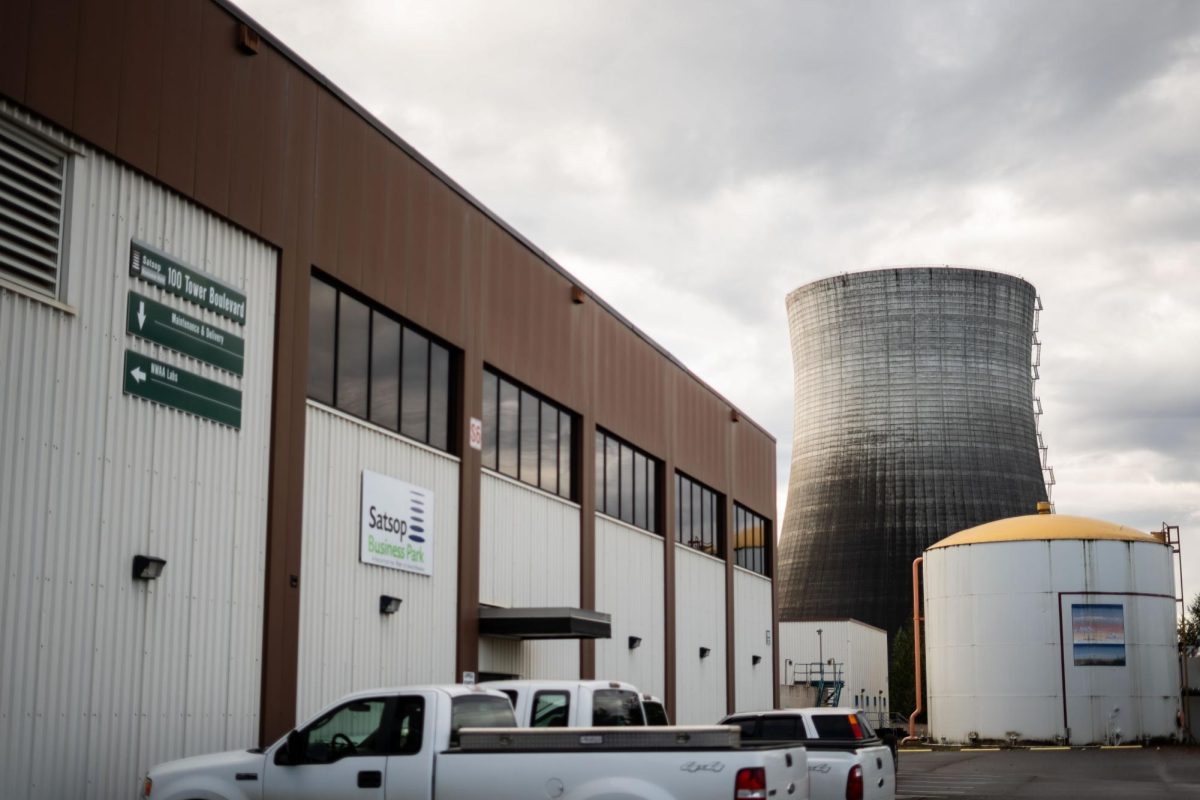“If we have the means, then we should lend a hand how we can,” Senior Spanish and International studies major Isabeau J. Belisle Dempsey said.
After a political protest destabilized the Nicaraguan government, which has led to over 500 deaths and 4,000 injuries, Seattle University’s sister school found itself in need of funds to help its students continue to receive their education.
Seattle U President Stephen V. Sundborg, S.J. published a letter on the university website, asking for donations of funds to sponsor students from the Universidad Centroamericana (UCA), a Jesuit university in Managua, Nicaragua.
“I think that it is something we should be doing, first of all, because we’re connected by being a Jesuit university and, second of all, just because we are in a place of privilege, and we have the ability to do that kind of fundraising without being targeted by the government like they are down there,” Belisle Dempsey said.
On Nov. 26, the Senior Vice President of the UCA, Jorge Huete visited Seattle U to explain the situation in Managua. He recounted the day the crisis began to the audience in Wyckoff auditorium.
He explained that students from the UCA protested with elders in solidarity over new social security benefit reforms that the government had proposed outside the gates of the campus on April 18, 2018. What was a stance of solidarity and peaceful protest transpired to a nightmare, as government-sanctioned mobs threw stones at the protesters. The next day, although the UCA was closed, protests happened elsewhere except instead of stones, there were bullets.
The crisis is still occurring, and although the reforms have been cancelled, the unrest and the violence have not stopped, with Nicaraguan residents demanding that President Daniel Ortega and his wife, Vice President Rosario Murillo, resign.
“Part of their [the UCA’s] budget comes from the national government. So, what the national government of Nicaragua is doing is the more that the UCA criticizes the government, the more that the government is like ‘Oh, the funding isn’t going to go out this month,’” Serena Cosgrove said. Cosgrove is a Seattle U international studies professor and the faculty coordinator of the Central America Initiative. “It’s like subtle blackmail, and the government money has primarily been used for student scholarships, so the UCA is really worried that if government funds get cut, then their most needy students won’t have scholarship money.”
Through the Central America Initiative, Seattle U has had a partnership with the UCA for the past seven years. Prior to the crisis, students, faculty and staff from Seattle U have been able to have classes with the UCA, and UCA students have been hosted here at Seattle U however since the crisis, no one has gone from Seattle U to the UCA.
Seattle U alumni Anna Pickett took part in the Central America Initiative when she was still in attendance. After her graduation, she received the Fulbright Research Grant and was researching in Nicaragua when the protests and the violence erupted. Since leaving Nicaragua, she has been advocating as a fellow at the Seattle International Foundation.
Many of her friends, Pickett explained, have left Nicaragua because of the fear of being young in Nicaragua.
“There’s a lot of discrimination against young students,” Pickett said. “So, if you’re young in general there’s an assumption that you’re partaking in the protest.”
The UCA has been closed since the crisis began in April and plans to reopen in January, though they may postpone the opening if they cannot guarantee student safety.
“One of the things that has the university leaders all across the country concerned is that this has really been a set of protests that has been led by college students, so it is the college students that have been feeling the repression the harshest,” Cosgrove said.
Since the university closed for undergraduates in April, UCA has been offering classes online. Not all of the classes for the majors are offered online, however, and they are not as effective.
The UCA students are only able to come to Seattle U through the funds that will be raised until Christmas, allowing them to come in January 2019. If students want to help the crisis, Pickett said small financial contributions can make a great difference.
“If you could give up one coffee, or one tea, one drink and put that into the funds that Serena is spearheading and that Seattle University is trying to cultivate,” Pickett said, “I think that is one very tangible way to support the people of Nicaragua—particularly our sister university of the UCA and the students there.”
Rania may be reached at
[email protected]





